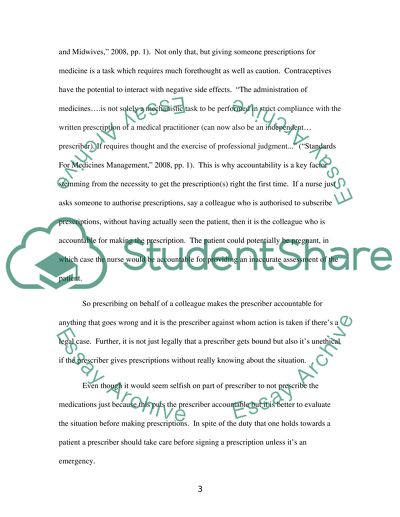Cite this document
(“Principles of law, accountability and ethics to a patient-prescribing Essay”, n.d.)
Retrieved from https://studentshare.org/health-sciences-medicine/1409342-principles-of-law-accountability-and-ethics-to-a-patient-prescribing-scenario
Retrieved from https://studentshare.org/health-sciences-medicine/1409342-principles-of-law-accountability-and-ethics-to-a-patient-prescribing-scenario
(Principles of Law, Accountability and Ethics to a Patient-Prescribing Essay)
https://studentshare.org/health-sciences-medicine/1409342-principles-of-law-accountability-and-ethics-to-a-patient-prescribing-scenario.
https://studentshare.org/health-sciences-medicine/1409342-principles-of-law-accountability-and-ethics-to-a-patient-prescribing-scenario.
“Principles of Law, Accountability and Ethics to a Patient-Prescribing Essay”, n.d. https://studentshare.org/health-sciences-medicine/1409342-principles-of-law-accountability-and-ethics-to-a-patient-prescribing-scenario.


